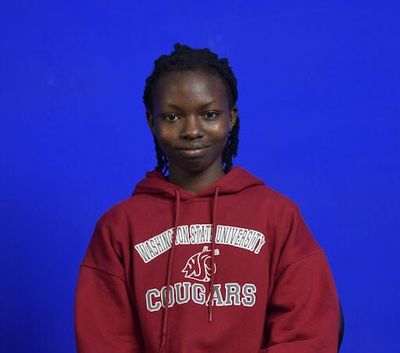Africa Is Not a Country
Let’s be honest: We’ve all heard people say some surprising–and often stereotypical–things about Africa. I’ve even seen videos where people are asked, “What’s the poorest country in the world?” and they answer, Africa.
Africa is not a country. Period. It’s a vast continent made up of 54 nations, each with its own unique cultures, histories, and languages. Within those countries are countless tribes and communities with distinct foods, clothing, music, and dances. While there are similarities, no single story defines Africa. We are not one culture–we are many.
Africa Is Not Poor
The dictionary defines poor as “lacking sufficient money to live at a standard considered comfortable or normal in a society.” People often speak about Africa as though poverty defines the entire continent.
Yes, some regions face economic struggles, but to label all of Africa as poor is simply false. Every country in the world, including the wealthiest, has areas of poverty. Africa’s long, complex history holds both hardship and resilience, and across the continent people continue to live, build, and thrive. If you don’t know a place, it’s better to learn–or stay quiet–than to spread misconceptions.
“Do You Speak African?”
Here’s another one: Do you speak African?
African is not a language. The question itself reveals how small people think Africa is.
Too often, I’m asked if I lived with lions or in mud houses. These assumptions show a deep misunderstanding of Africa’s size, diversity, and sophistication.
Even world maps often distort the continent’s true scale. The African Union has supported campaigns to correct these misrepresentations. Still, Africans everywhere feel the weight of having their stories told for them–often inaccurately–rather than being heard firsthand. It’s exhausting to sit silently while others speak over your truth.
African Proverb: “The bitter truth is better than a sweet falsehood.”
